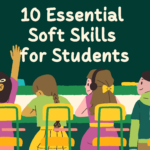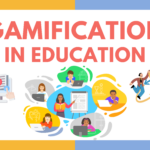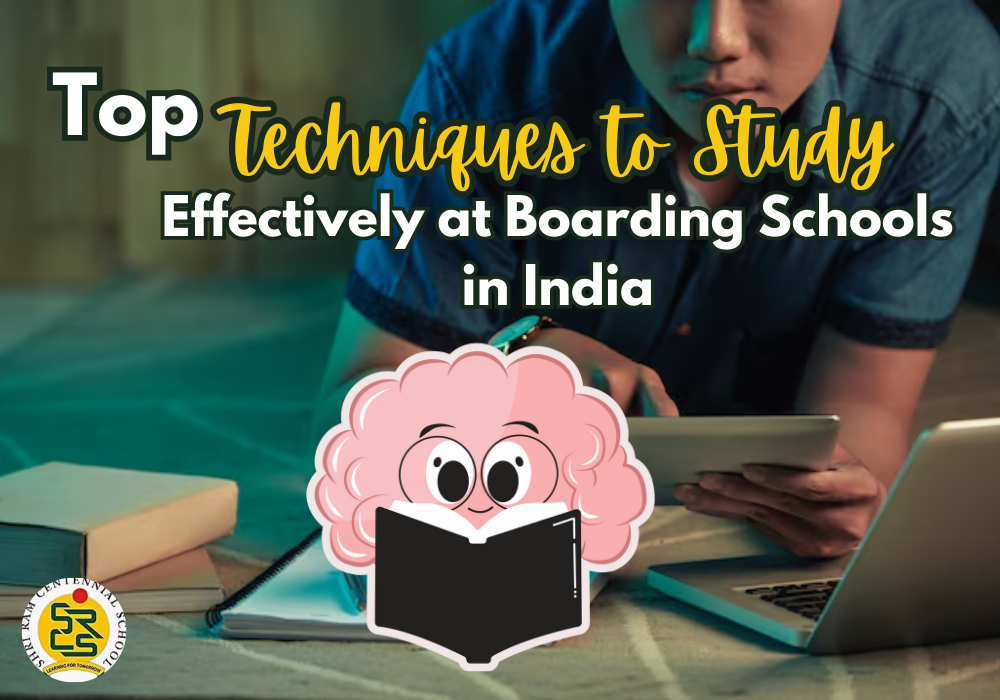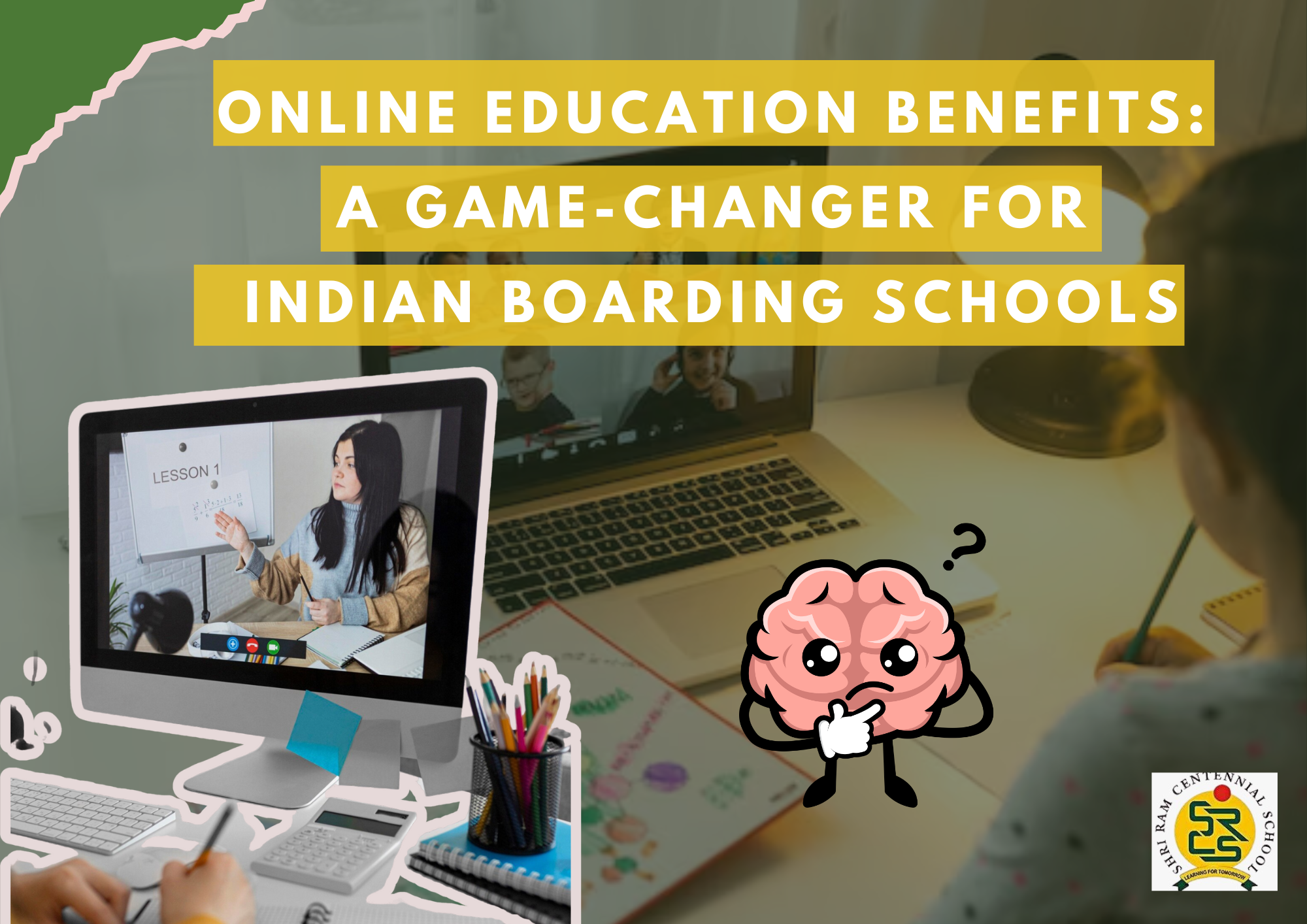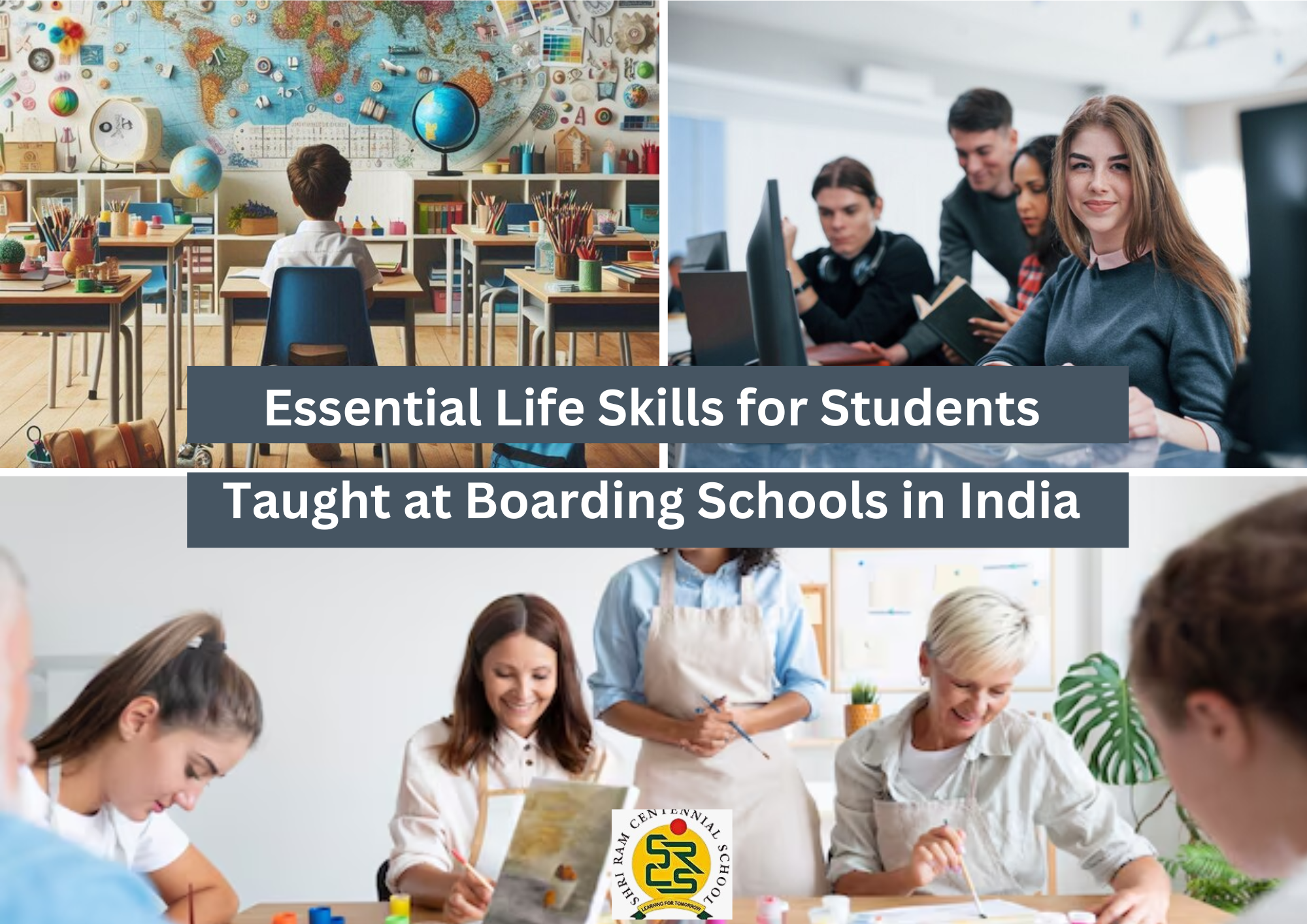Boarding schools in India offer a unique learning environment that encourages academic excellence, personal growth, and character development.
To excel in this competitive atmosphere, students need more than just hard work—they need effective techniques to study.
In this article, we’ll explore the most impactful study methods that can help students thrive academically and personally in Boarding schools in India.
Balancing academics, extracurriculars, and personal time is key in these schools, and effective study habits can help students thrive without feeling overwhelmed.
Below, we’ll explore the top techniques to study effectively in a boarding school environment to make the most of learning opportunities.
Understanding Your Learning Style

Before implementing any techniques to study, it’s essential to understand your personal learning style.
Recognizing your learning preferences allows you to tailor study methods that improve retention and comprehension. Here’s a breakdown of common learning styles:
- Visual learners: Best engage with material through diagrams, charts, and visual aids.
- Auditory learners: Retain information through listening, so lectures, podcasts, and audio notes are highly beneficial.
- Kinesthetic learners: Understand best through hands-on activities, experiments, and physical engagement with study materials.
Identifying your style helps in choosing effective study techniques that make learning not just easier but also more enjoyable.
Techniques to Study Effectively
Let’s dive into top techniques to study effectively in a boarding school setting. Each method supports better memory retention, organization, and understanding.
1. Active Recall
Active recall is a powerful strategy to strengthen memory by actively engaging with study materials:
- Summarize notes in your own words.
- Create flashcards with key terms or concepts.
- Self-test regularly to reinforce learning and identify areas needing improvement.
2. Spaced Repetition
Spaced repetition involves revisiting material over gradually increasing intervals, which is proven to improve long-term retention.
- Review concepts at set intervals: initially daily, then weekly, and so on.
- Use spaced repetition apps to track and schedule review sessions.
3. Mind Mapping
Mind mapping is ideal for visual learners and helps in visualizing complex ideas and relationships between concepts.
- Draw diagrams or flowcharts to represent information.
- Connect related topics, making it easier to recall during exams.
4. Time Management
Time management is essential in a boarding school environment. Prioritizing tasks can significantly improve efficiency.
- Set realistic goals for each day.
- Use a study planner or calendar to manage assignments and tests.
- Break down larger tasks into manageable parts to avoid feeling overwhelmed.
5. Pomodoro Technique
The Pomodoro Technique encourages focused study sessions of 25 minutes, followed by a 5-minute break.
- Use a timer to focus on tasks during each 25-minute session.
- After four sessions, take a longer break (15–30 minutes) to recharge.
6. Collaborative Learning
Learning with peers can open new perspectives and help you grasp challenging topics better.
- Form study groups for regular review and discussion.
- Share ideas and test each other’s knowledge.
- Learn from classmates who may excel in areas where you might need help.
7. Self-Assessment
Self-assessment is crucial to monitor your progress and make adjustments as needed.
- Reflect on each study session to identify areas that need improvement.
- Adapt your study techniques based on your progress and exam results.
Effective Note-Taking Strategies

Taking effective notes is a fundamental skill in mastering techniques to study. Here are some methods tailored for boarding school students:
1. Cornell Notes
The Cornell method helps organize information into three sections: notes, cues, and summary.
- Divide your paper into three sections: notes on the right, cues on the left, and a summary at the bottom.
- The summary column can be reviewed quickly, helping with retention and recall.
2. Outline Method
The Outline Method organizes notes in a structured format, making it easier to review.
- Use headings, subheadings, and bullet points for clarity.
- Keep main points aligned on the left, with details and examples indented.
3. Record and Transcribe
For auditory learners, recording lectures or key points can be invaluable.
- Record lectures if permitted, and listen to them again while transcribing key points.
- Listening and writing can further strengthen retention and understanding.
Managing Exam Stress
Managing stress is essential to performing well, especially with the rigorous schedules in boarding schools. Here are practical ways to stay calm and focused:
1. Create a Study Plan
A well-structured study plan breaks down exam preparation into manageable chunks.
- Set aside specific time slots for each subject.
- Tackle more challenging topics first and leave easier ones for later.
2. Practice Relaxation Techniques
Incorporating relaxation techniques can help reduce stress and improve focus.
- Yoga and meditation: Improve mental clarity and promote relaxation.
- Deep breathing exercises: Reduce anxiety and help you stay calm before exams.
3. Seek Support
Don’t hesitate to reach out for guidance from teachers, counselors, or peers.
- Teachers can offer additional resources or explain difficult concepts.
- Counselors can provide support if you’re feeling overwhelmed or anxious.
Technology-Enabled Study Tools

In today’s digital age, technology offers valuable techniques to study and stay organized.
1. Digital Flashcards
Apps like Quizlet and Anki provide interactive ways to study and memorize key concepts.
- Customize flashcards for each subject, allowing you to review information anywhere.
2. Study Apps
Apps like Byju’s, Khan Academy, and Duolingo offer accessible learning resources.
- These apps cover a range of subjects and provide videos, quizzes, and interactive content.
3. Online Resources
Websites like Coursera, edX, and TED-Ed offer online courses, lectures, and educational videos.
- Use these resources for supplementary learning or to deepen your understanding of complex topics.
Conclusion
Mastering the top techniques to study effectively is essential for academic success in Indian boarding schools.
By combining effective study methods, note-taking strategies, and stress management techniques, students can achieve their best academically while developing lifelong learning skills.
For students and parents, understanding and supporting these study techniques can make the boarding school journey both enriching and successful.
The right study techniques can make a significant impact, and with dedication, discipline, and a positive attitude, students are well-equipped to reach their full potential.
Embrace these strategies, and remember: effective studying is not just about hard work but about smart planning and a desire to learn.

